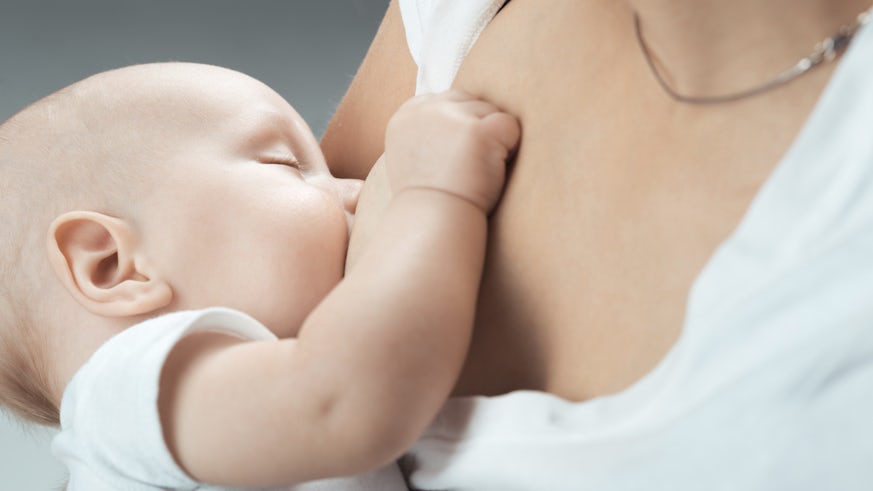Cardiff academic to raise concerns on breastfeeding rates
24 November 2015

An academic from Cardiff University’s School of Planning and Geography will today (24 Nov) present her research to a cross-party group of Westminster MPs and peers looking at the issue of breastfeeding in the UK.
Dr Kate Boyer, a human geographer whose research areas include geographies of gender and care relating to breastfeeding, including breastfeeding in public, will share her research with the All-Party Parliamentary Group on Infant Feeding and Inequality.
She’ll focus on the UK perspective of breastfeeding compared with an international perspective and highlight that, despite comparable or better maternity policies than countries including Australia, New Zealand and Canada, the UK has some of the lowest breastfeeding rates in the world.
Dr Boyer will highlight recent figures showing that, while most UK women try breastfeeding at least once, less than 40% breastfeed to six months, and less than 1% are breastfeeding exclusively at this time.
These rates, she’ll state, fall well below NHS and the World Health Organisation recommendations that all babies receive breast milk exclusively for the first six months of life.
She’ll also highlight that the government’s scrapping of funding for the national infant feeding survey – a survey providing important evidence-based research in the area of infant feeding – signals a slippage of breastfeeding down the public health agenda.
She’ll look at why breastfeeding in public is marginalised in the UK; providing first-hand insights from women who participated in her research, as well as looking at how issues of geography and space affect the acceptability of breastfeeding in public. She’ll be joined at the all-party meeting by other advocacy groups and experts.
Speaking ahead of her presentation, Dr Boyer said: “Current breastfeeding duration rates in the UK are nowhere near the World Health Organisation’s goal, and have changed little in recent years. My own research into this area shows that many women have negative experiences of breastfeeding in public, which often factors into their decision to stop.
“The research shows that a women's ability to breastfeed in public plays a role in increasing duration rates, but this work of making breastfeeding in public easier is ultimately a matter of cultural change, and there’s a huge amount of work to do in this regard. The government can help activate such change by directing funding towards programmes that shake-up and challenge prevailing social norms, for example helping to tackle stigma. Today is an important opportunity to discuss these issues with decision-makers and advocacy groups.”